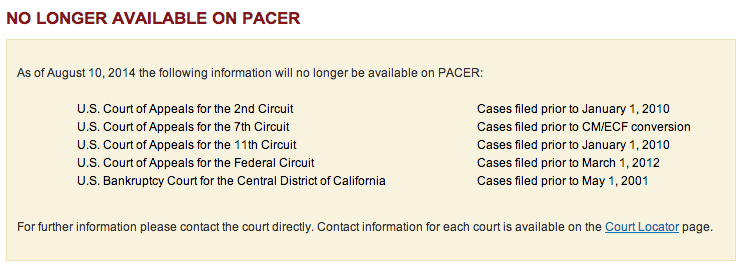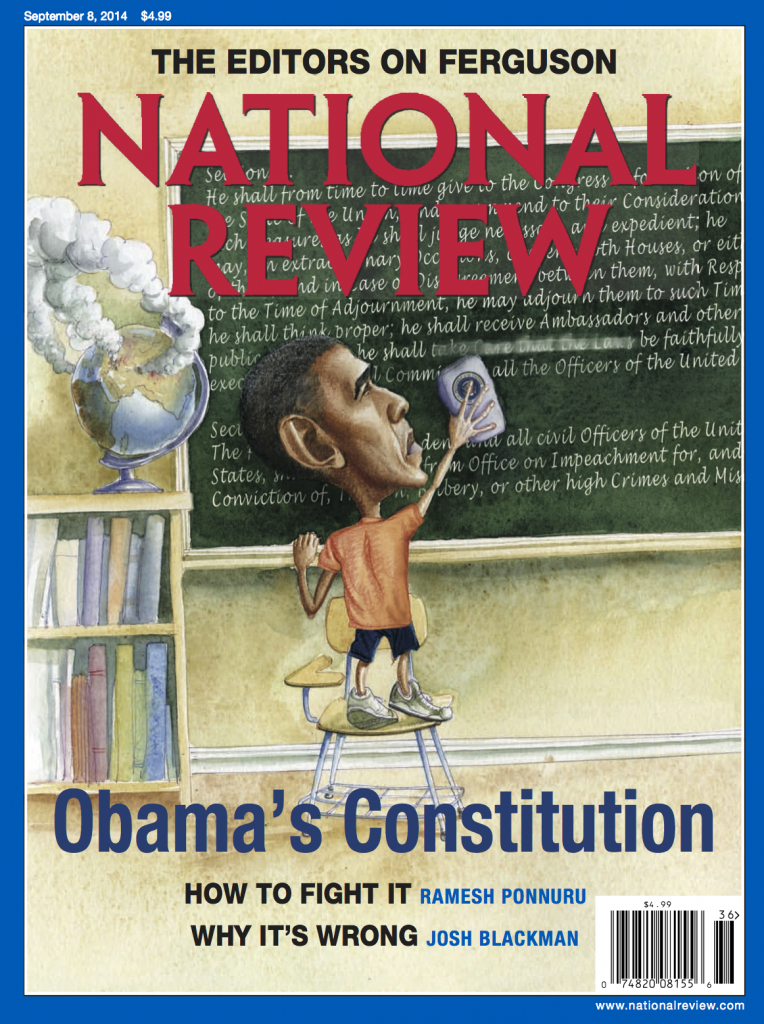Today we will provide an introduction to buying and selling homes, and go over the contract of sale.
All of Texas’s standardized sales contract forms are available here. You may wish to take a look at the Texas Real Estate Commission Residential Sales Contract, which we will go over in class.
The lecture note are here, and the live chat is here.
The site of the first case, Licari v. Blackwelder, is in Westport, CT.
[googlemaps https://maps.google.com/maps?hl=en&q=westport,+ct&ie=UTF8&hq=&hnear=Westport,+Fairfield,+Connecticut&gl=us&ll=41.141472,-73.357905&spn=0.078224,0.152607&t=h&z=13&output=embed&w=425&h=350]
The Texas Statute of Frauds provides:
Sec. 26.01. PROMISE OR AGREEMENT MUST BE IN WRITING. (a) A promise or agreement described in Subsection (b) of this section is not enforceable unless the promise or agreement, or a memorandum of it, is
(1) in writing; and
(2) signed by the person to be charged with the promise or agreement or by someone lawfully authorized to sign for him.
(b) Subsection (a) of this section applies to:
(1) a promise by an executor or administrator to answer out of his own estate for any debt or damage due from his testator or intestate;
(2) a promise by one person to answer for the debt, default, or miscarriage of another person;
(3) an agreement made on consideration of marriage or on consideration of nonmarital conjugal cohabitation;
(4) a contract for the sale of real estate;
(5) a lease of real estate for a term longer than one year;
(6) an agreement which is not to be performed within one year from the date of making the agreement;
(7) a promise or agreement to pay a commission for the sale or purchase of:
(A) an oil or gas mining lease;
(B) an oil or gas royalty;
(C) minerals; or
(D) a mineral interest; and
(8) an agreement, promise, contract, or warranty of cure relating to medical care or results thereof made by a physician or health care provider as defined in Section 74.001, Civil Practice and Remedies Code. This section shall not apply to pharmacists.
The Texas Enacted Uniform Electronic Transactions Act provides:
322.002-
(8) “Electronic signature” means an electronic sound, symbol, or process attached to or logically associated with a record and executed or adopted by a person with the intent to sign the record.
322.005-
(b) This chapter applies only to transactions between parties each of which has agreed to conduct transactions by electronic means. Whether the parties agree to conduct a transaction by electronic means is determined from the context and surrounding circumstances, including the parties’ conduct.

